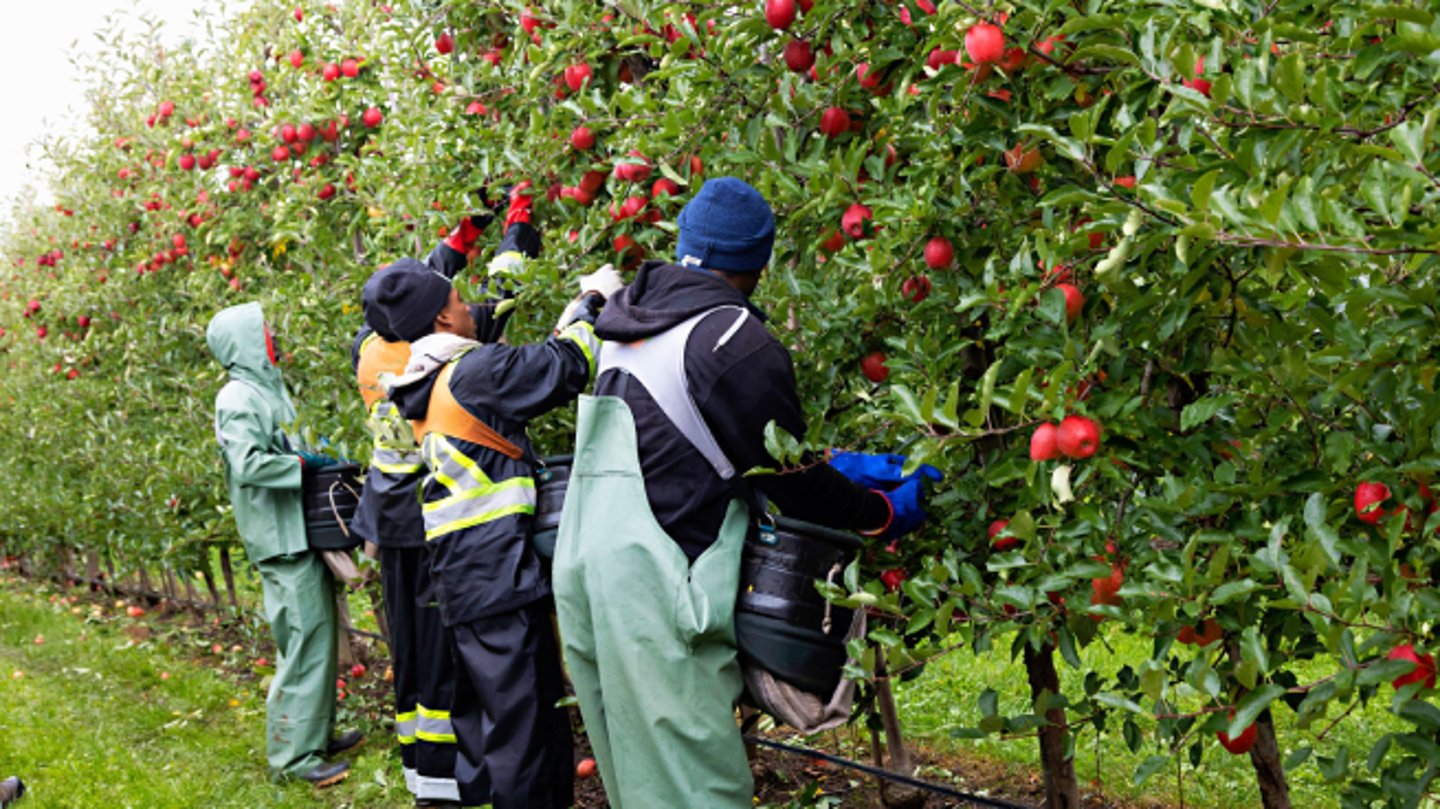Fruit and vegetable growers push back against UN expert comments linking foreign worker programs to ‘slavery’
Ontario’s fruit and vegetable growers are pushing back against recent comments made by United Nations special rapporteur Tomoya Obokata on Canada’s temporary foreign worker programs.
After a two-week visit to Canada, Obokata, the Human Rights Council-appointed UN special rapporteur on contemporary forms of slavery, called the programs a “breeding ground for contemporary forms of slavery.”
“I am deeply disturbed by the accounts of exploitation and abuse shared with me by migrant workers,” he said.”
“Employer-specific work permit regimes, including certain Temporary Foreign Worker Programmes, make migrant workers vulnerable to contemporary forms of slavery, as they cannot report abuses without fear of deportation.
“I urge the government to bring forward legislation requiring Canadian companies to implement mandatory human rights due diligence, and expand the independence, powers and mandate of the Canadian Ombudsperson for Responsible Enterprise (CORE).”
Bill George, a grape grower and chair of the Ontario Fruit and Vegetable Growers’ Association (OFVGA) labour section, in a statement that the industry does not support employers who mistreat or take advantage of the people they employ.
“We recognize there is always more that can be done to ensure all workers have the opportunity for a positive and safe working experience while they are here, but assigning hateful and broad labels to all the hardworking farmers and their employees in the program is not the solution,” George said.
READ: Canadian Grocer's 2023 Produce Operations Survey: Labour and sustainability
Every year, Ontario fruit and vegetable growers employ approximately 20,000 seasonal and temporary foreign workers who come to Canada through the government regulated Seasonal Agricultural Worker Program (SAWP) and the Temporary Foreign Worker (TFW) program’s agricultural stream.
Workers apply in their home countries to be part of these programs in Canada and sign contracts when accepting employment.
All contracts are subject to federal government audits and inspections to ensure they follow program regulations and match the job specifications that the employer received government approval for when workers were hired.
Workers’ home countries include Mexico, Jamaica, Trinidad & Tobago, Barbados, and the Eastern Caribbean Islands.
Obligations to Canadian farmers who employ migrant farm workers under either of these two government programs include government-approved wage rates, access to health care such as OHIP in Ontario, employment insurance and the Canada Pension Plan, as well as workplace insurance coverage and safety protection.
Farms are also required to provide every worker with a copy of the federal government’s publication outlining workers’ rights and protections.
Farms are subject to federal, provincial and foreign government compliance inspections.
READ: Global Coalition of Fresh Produce report highlights impact of production costs on industry
Workers with SAWP or TFW program permits have access to a multilingual, 24/7 federal government support line they can use to raise concerns and seek help relating to their current employment.
For SAWP workers, local liaison officers from their home countries are also available to provide support and address complaints related to their employment in Canada.
If workers are unable to have their specific employment-related concerns resolved through these channels, an open work permit program is available.
“Federal government statistics show that Canada’s agriculture sector has above-average employer compliance rates compared to other industries and sectors that use Canada’s government-approved temporary and seasonal worker programs,” George added. “Compliance rates for Ontario farmers are particularly high, which is a testament to investments growers have made into worker safety, protection and well-being in recent years.”



